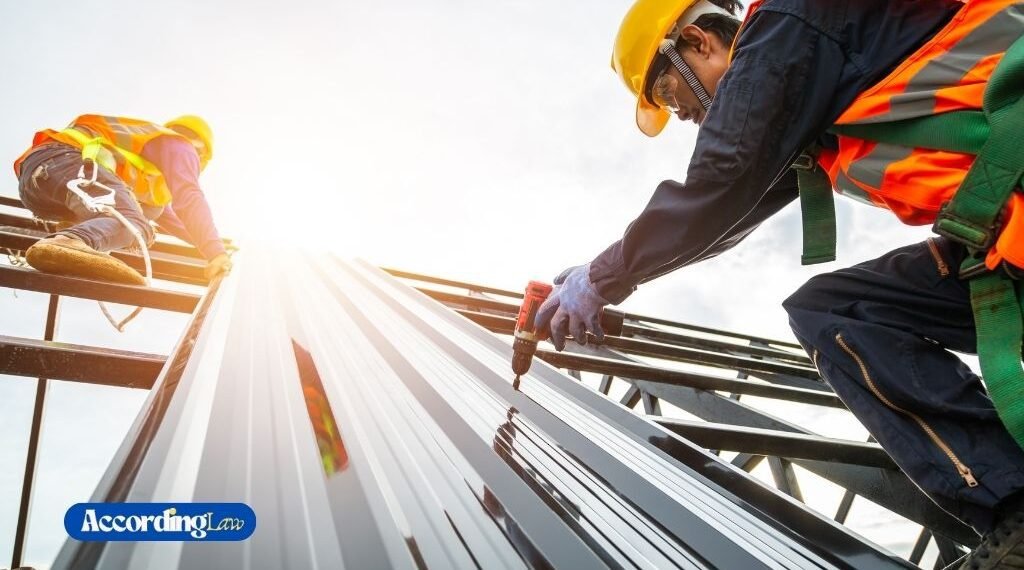Building or operating a commercial marina dock isn’t just a construction project, it’s a legal responsibility governed by federal, state, and local laws. From waterway permits to ADA accessibility and environmental protection, marina owners and developers must navigate a complex legal landscape to stay compliant.
Whether you’re planning a new marina or upgrading existing infrastructure, understanding these legal requirements is essential to avoid fines, lawsuits, or costly shutdowns.
Federal and State Regulatory Oversight
Marinas fall under multiple layers of regulatory authority because they operate in and around navigable waters. Key agencies include:
Ignoring or bypassing these permits is a serious violation of federal law, and can lead to immediate project suspension and enforcement actions.
Zoning, Land Use, and Public Trust Laws
Marinas also must comply with local zoning and coastal land-use regulations. Most states treat submerged lands as public property under the Public Trust Doctrine, meaning developers must prove that their marina serves a public or recreational benefit.
This can affect:
Failing to comply can result in the revocation of operating licenses or denial of long-term lease renewals for the waterfront site.
ADA Accessibility Compliance
Under the Americans with Disabilities Act (ADA), commercial marinas are required to provide accessible routes and amenities for individuals with disabilities.
According to ADA Standards §1003, marinas must include:
Failure to comply can expose marina operators to civil lawsuits and Department of Justice enforcement actions.
Liability and Safety Regulations
Commercial marinas have a legal duty of care to ensure their docks, gangways, and facilities are structurally sound and safe for public use. This includes compliance with:
If a dock collapse, electrical shock, or injury occurs due to poor maintenance or code violations, the marina owner can face negligence claims, insurance denial, or even criminal liability in severe cases.
Routine inspections, maintenance logs, and certified engineering reports are crucial for legal protection.
Insurance and Contractual Requirements
Marina owners must carry adequate commercial liability insurance and marine general liability coverage that meets local legal requirements. In addition, contracts with tenants, boat owners, and vendors should clearly outline:
Without clear contracts and proof of code compliance, legal disputes can quickly escalate into costly litigation.
Environmental Protection Obligations
Marinas must comply with environmental laws governing pollution prevention, waste disposal, and fuel handling.
Key obligations include:
Violations can trigger civil penalties and loss of operating permits. Using eco-friendly materials and engineered floating dock systems (like those from AMD) can help meet environmental compliance standards while improving long-term durability.
Working with Certified Engineers and Manufacturers
Partnering with certified professionals is not just a best practice; it’s a legal safeguard. The design and installation of commercial marina docks must be approved by licensed engineers to meet state structural and load-bearing requirements.
Companies like American Muscle Docks (AMD) specialize in building code-compliant marina systems that meet U.S. Army Corps, ADA, and NFPA standards, ensuring legal and operational readiness from day one.
Final Thoughts
Operating a commercial marina dock involves more than managing slips and boat traffic; it requires continuous legal compliance with federal, state, and local regulations. From securing the right permits to maintaining ADA accessibility and environmental safeguards, the legal responsibilities are extensive.
By partnering with experienced professionals like American Muscle Docks, marina owners can build with confidence, knowing their docks are engineered, permitted, and installed in full compliance with the law.


